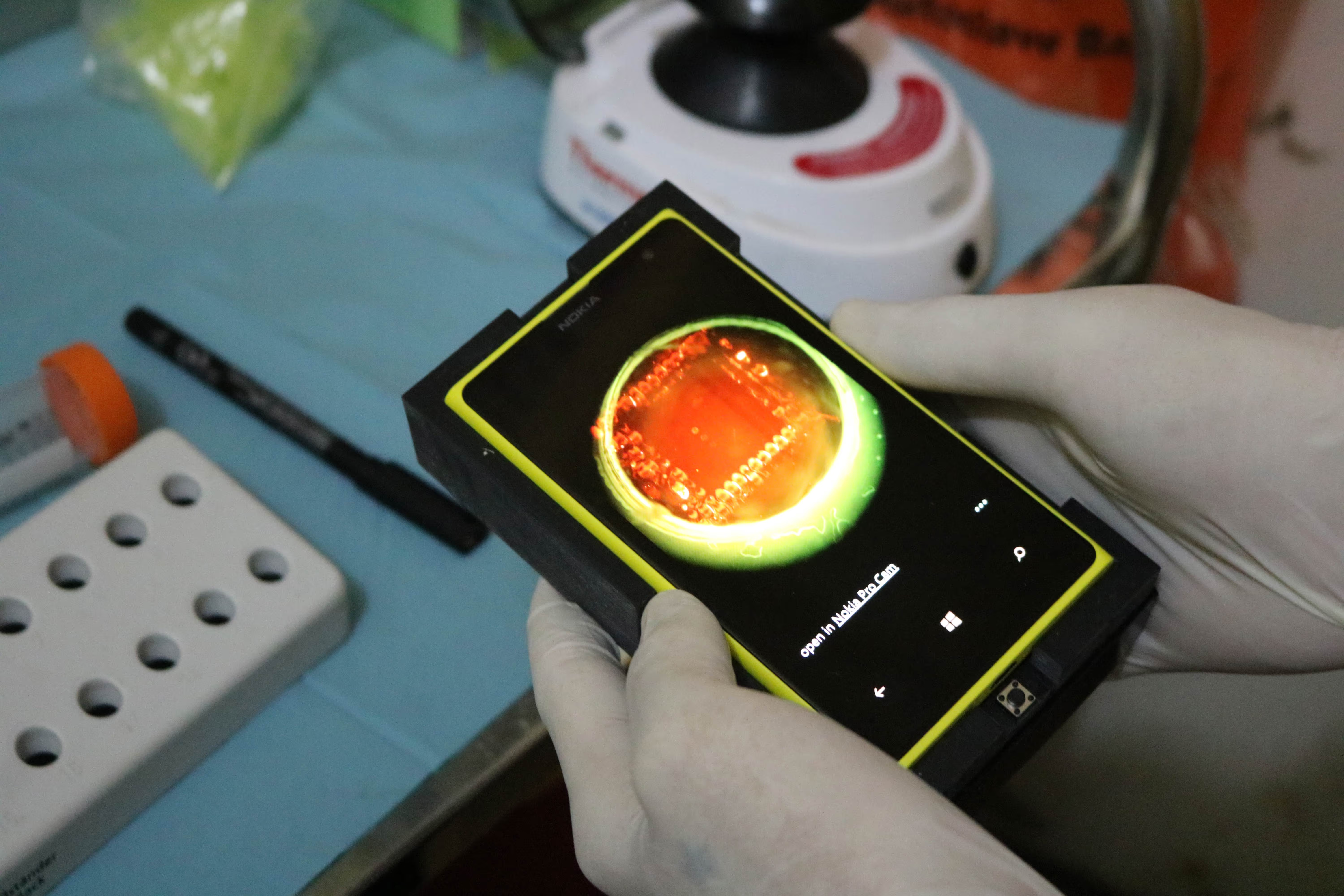Final Report: Linking Interventions to Cultural Ceremonies and Practices to Reduce IPV Among Displaced Populations in Humanitarian Crises

The project was implemented in Bokolmanyo refugee camp in Dollo Ado, Ethiopia in 2016-2018 and aimed to improve humanitarian practice by developing an innovative intervention to prevent and reduce intimate partner violence (IPV) among a Muslim refugee population and delivered in the context of a cultural practice to increase acceptability, participant engagement, program impacts and scalability to other settings.Qualitative research was conducted in 2016 (n=110) to inform the adaptation of the Unite for a Better Life intervention—an in-person, group-based curriculum that was previously designed and tested for a non-humanitarian setting in Ethiopia. The intervention was adapted in 2017 and comprised 16 sessions and was designed to be delivered to groups of women, men, and couples as a tea talk. In 2018, the intervention was piloted in one camp.The final project report provides information on the methodology, activities, outputs, impact and dissemination of learning.